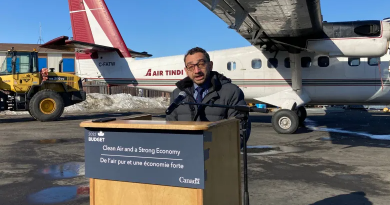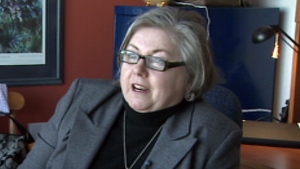Quebec bar association videos inform Nunavik residents about rights, lawyer duties
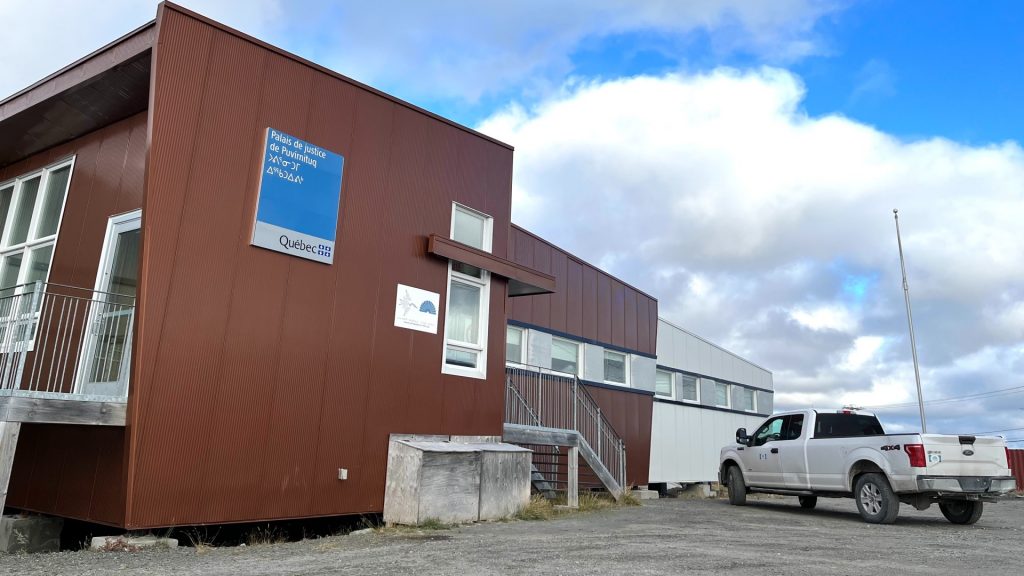
A series of videos released that informs Inuit and First Nations on both their rights, and a lawyer’s duties to their client, are just the first part of a campaign to build trust between Indigenous Quebecers and the legal profession, Quebec’s bar association said.
“There is a lack of information about lawyers and what the Quebec bar does to protect [clients],” Catherine Ouimet, chief executive officer at the Quebec bar association, told Eye on the Arctic.
“It was important for us to start a campaign about this information.”
Breaking down mistrust
Four videos have been released so far. They cover the role of lawyers and the Quebec bar; how they protect one’s rights; how lawyers are paid; and what to do if you have concerns about the lawyers.
The subjects were chosen based on the questions they most often get from Nunavimmiut
“We inventoried the kinds of questions we get in our different services,” Ouimet said. “For instance, there is a lot of mistrust around the question of lawyers’ fees, so that is a topic we for sure wanted to include.”
The videos can be helpful to any member of the Quebec public but are targeted to Indigenous Quebecers, particularly in Nunavik.
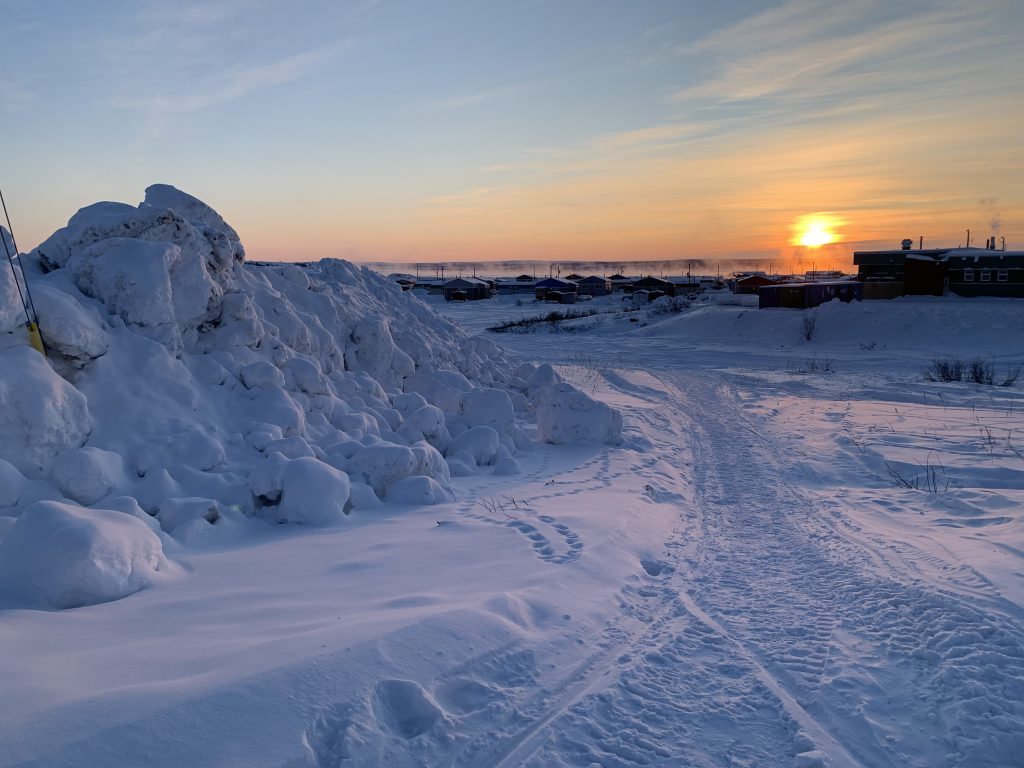
Nunavik has no resident judges or lawyers, relying instead on a traveling court that visits its 14 communities two to four times a year. For each court cycle, judges and lawyers are brought in from other parts of Quebec, with Crown prosecutors flown in from Amos in southern Quebec.
The videos are part of the bar’s response to recommendations in the Rapport sur la situation de la Cour itinérante au Nunavik (Report on the Situation of the Itinerant Court in Nunavik) released in 2022.
The report included 60 recommendations for improving the justice system in Nunavik, including one suggesting a campaign to communicate the role of lawyers and the bar in protecting the rights of Nunavimmiut.
“The report confirmed what we already knew in the communities, that there was a lack of trust,” Ouimet said. “That’s why with these videos it was so important for us that we specifically address Indigenous communities.”
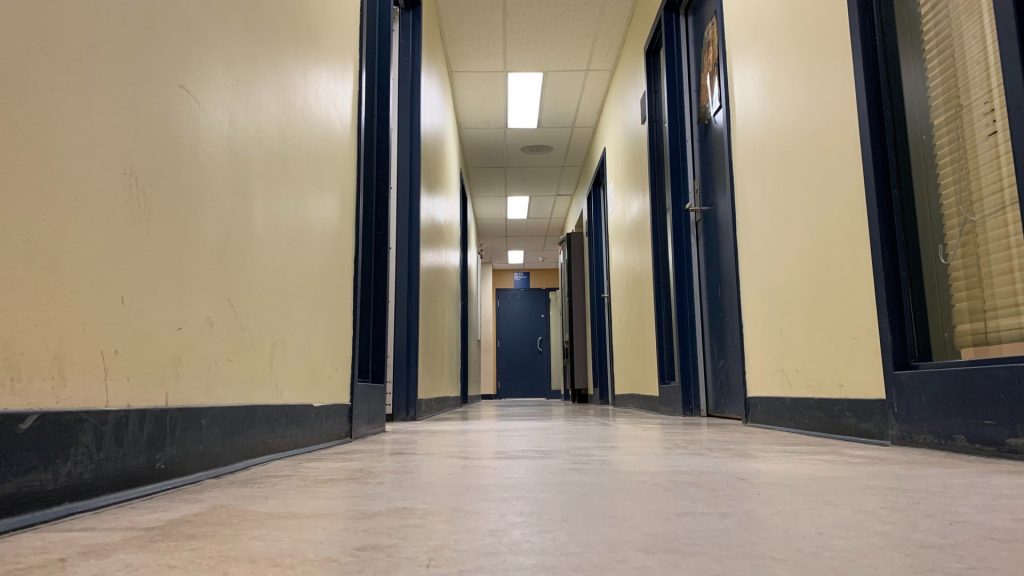
The videos are the first part of a campaign to improve education about the justice system for both residents and the lawyers practicing in Nunavik.
Representatives from the bar will also be working to maintain relationships with the communities by going back annually to see if residents needs and questions are being addressed.
A mandatory one-day training session will also be launched for lawyers who work in Nunavik and other Indigenous communities, with people coming in from Nunavik to participate.
The first edition will take place on May 24.
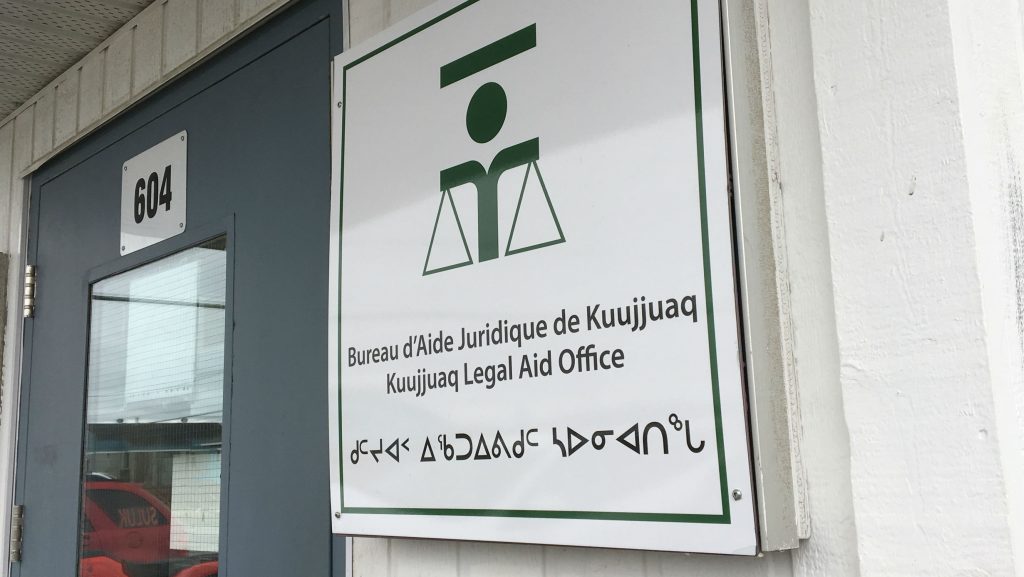
“This is the first edition of the conference and it’s going to help lawyers understand the reality and why there is a mistrust and what they can do to improve the confidence,” Ouimet said.
A help line, available in English and French, will also be launched at the Bureau du syndic, the body that handles complaints against lawyers, if clients have concerns about their attorney’s work or behaviours.
Currently, no one on staff speaks Inuktitut, something Ouimet acknowledged will need to be addressed, but said the hotline will be staffed by people that have been trained about Indigenous communities and justice system challenges in the North.
‘We are here to help them’
Ouimet said the bar’s main message to Nunavimmiut and other Indigenous Quebecers is that the Quebec Bar Association is dedicated to informing them about their rights and the justice system.
“Indigenous communities may not know we exist, of if they do, they may not be sure if we will help them, so they don’t reach out,” Ouimet said.
“So our main goal with this campaign is to let Indigenous communities and Nunavik know that the bar association is there to help them and to inform them. And if they have any questions or doubts about a lawyer’s practise or behaviour to be sure to call us.”
All videos can be viewed on the Quebec bar association website.
Comments, tips or story ideas? Contact Eilís at eilis.quinn(at)cbc.ca
Related stories from around the North:
Canada: Justice system in northern Quebec straining at the seams and devastating victims, say Crown, Eye on the Arctic
Finland: Police response times up to an hour slower in Arctic Finland, Yle News
United States: Violence Against Women bill would expand power of up to 30 Alaska tribal courts, Alaska Public Media

